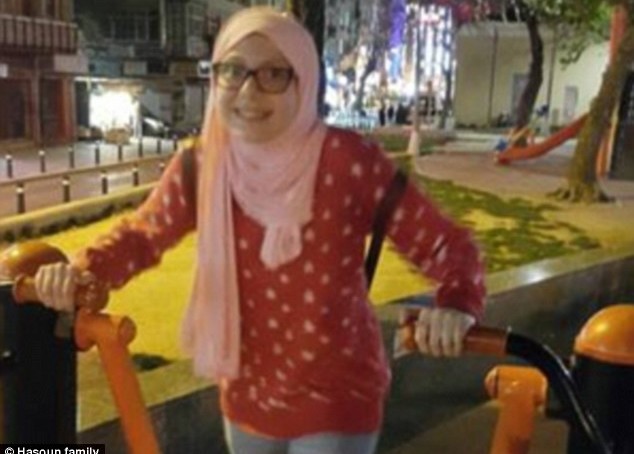As Eyas Hasoun’s daughter Raghad died in his arms, he felt he should have been able to save her.
“She was fading,” said Mr. Hasoun. “She murmured ‘Daddy, Daddy.’ I should have been able to take care of everything, resolve every problem, protect my child, sacrificing myself if necessary. But I couldn’t do it. And this fault will stay with me my whole life.”
Mr. Hasoun and his family were fleeing war-torn Syria for Germany, where he hoped to find better treatment for his 11-year-old daughter’s type 1 diabetes. They were smuggled first to Egypt, and from there they aimed for Italy.
Mr. Hasoun, who ran a pharmacy in Aleppo, split his daughter’s insulin into two bags, in case one got lost. He kept one; his wife, Naila, held on to the other.
To get on the boat, the Hasoun’s had to wade through 300 metres of head-height water. Mr. Hasoun lost his insulin pack on the way, but Mrs. Hasoun kept hers by holding it above her head.
Once the family got aboard, things got even worse. The traffickers, armed with assault rifles, ordered Mrs. Hasoun to throw the backpack overboard.
“My wife replied that is was more precious to her than her own soul,” explained Mr. Hasoun. “She begged for pity. The trafficker ripped it out of her arms and threw it in the sea.”
“It was useless to resist – the traffickers were armed with Kalashnikovs. The water reached our necks. My rucksack was soaked with water.”
Desperately, Mr. Hasoun dived into the water to retrieve his daughter’s essential supplies. But the rucksack was soaked, the insulin useless.
“We were in the water and we managed to recover it but it was already compromised. The machinery didn’t work. The insulin was unusable.”
Raghad became sick after three days, and she died in her parents’ arms on the fifth. Rather than keep her decaying body, her family buried Raghad at sea. They prayed with their imam over the phone and washed Raghad’s clothes and body.
Raghad volunteered to remain in Egypt, thinking she was a “weak point” that would make the journey impossible. Her family refused. They wanted to be there for her, to take care of her, and make their way to Europe as a family. Faced with an unimaginably harrowing situation, they did the best they could.
It’s easy to forget that, in the most politically and economically troubled nations, there are still people dealing with type 1 diabetes. When we think of desperate migrants fleeing persecution and war, we rarely imagine them testing their blood glucose levels.
There were similar news stories following the devastating earthquake in Nepal back in April. Thankfully, the Indian Minister of State and Professor of Diabetes and Endocrinology Dr. Jitendra Singh arranged for 75,000 vials of free insulin to be sent for Nepal’s diabetic population. It was an unexpected way to save thousands of lives.
Image: copyright Hasoun family, dailymail.co.uk.



